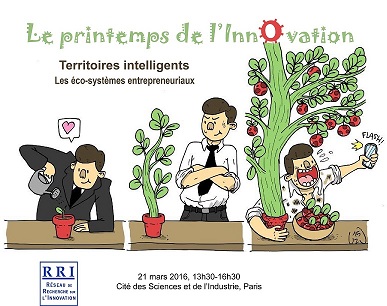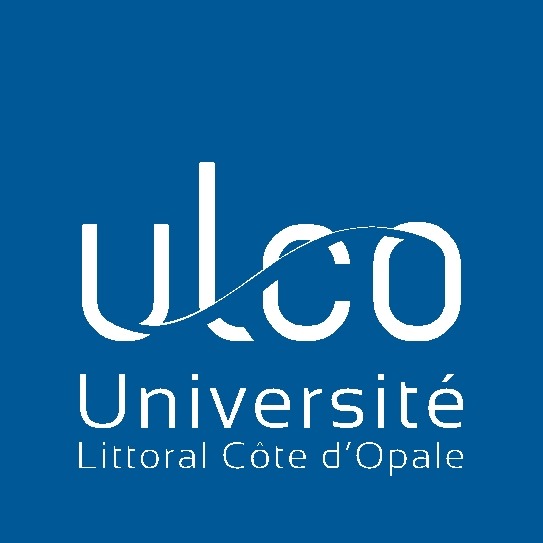
SMART TERRITORIES THE ENTREPRENEURIAL ECOSYSTEMS
March 21, 2016, from 13h30 to 16h30
Cité des sciences et de l’industrie – Paris – Salle jean Painlevé, Bibliothèque niveau-2
Round table coordinated by Sophie Boutillier and Nadine Levratto
Since the beginning of the 2010s, territorial disparities have generated heated debates, agitated by the opposition between the proponents of large cities and agglomeration effects on the one hand and those who believe that all the territories could be competitive on the other hand. This cleavage affects all “spatial” economists, often positioned at the interface of an academic approach and expert missions. The heart of the analysis is now less about whether the territory is important – now no one denies – but to determine the most advantageous and effective territorial configurations. Based on the advantage gained by external economies of agglomeration, growth policies based on the metropolitan model deploy an arsenal of tools for promoting their exponential development. The theoretical principle underlying these approaches is that agglomeration firms, skills, research and innovation centers, services, etc.) is an essential vector of efficiency and growth and the interactions between these entities should be facilitated by the creation of communication means (broadband connections or means of transport). This metropolitan model would benefit first metropolises themselves, but would also have secondary effects on other territories by radiation mechanism and, perhaps above all, a wealth redistribution effect under an institutional scheme.
Although dominant, this territorial development model does not have unanimous support. Voices are raised to account the methodological biases that establish the productive superiority of metropolises and the existence of other types of territorial ecosystems of entrepreneurship which are at least as effective. To be determined, the question of the uniqueness or the plurality of regionalised organization of the production process, calls for a reflection that leaves room for different ways to introduce the local in economic thought, to the relationship between economic agents and territory and how it affects economic relations.
The aim of this round table dedicated to the territorial ecosystems of entrepreneurship and the need to think of the encounter between companies and territory. It places the notion of entrepreneurial ecosystem at the heart of economic analysis of the territory. Topics covered by the round table will include:
- Ddefinition and origin of the concept of “entrepreneurial ecosystem”
- What is the role of the entrepreneur in territorial development?
- Public policies, both at national and local level, are they able to direct entrepreneurial behavior?
- The “local effect” does it exist as shown by the examples of territories that are gaining and declining?
– Frédérique Blondel (Université Paris Sud) et Anne Gratacap (Université Paris 1) : Entrepreneur et écosystème d’affaires
– Jean-Benoît Zimmermann (Université Aix-Marseille) : Des clusters aux écosystèmes industriels locaux
– Denis Carré et Nadine Levratto (Université Paris Nanterre La Défense) : Les écosystèmes entrepreneuriaux, rencontre entre entreprise et territoire, l’effet local existe-t-il ?
– Nicolas Mat (Ecoles des mines d’Alès/M-Atome) : Dynamiques d’écologie industrielle dans les territoires portuaires : enjeux, exemples d’application et opportunités
Synthesis by Sophie Boutillier


